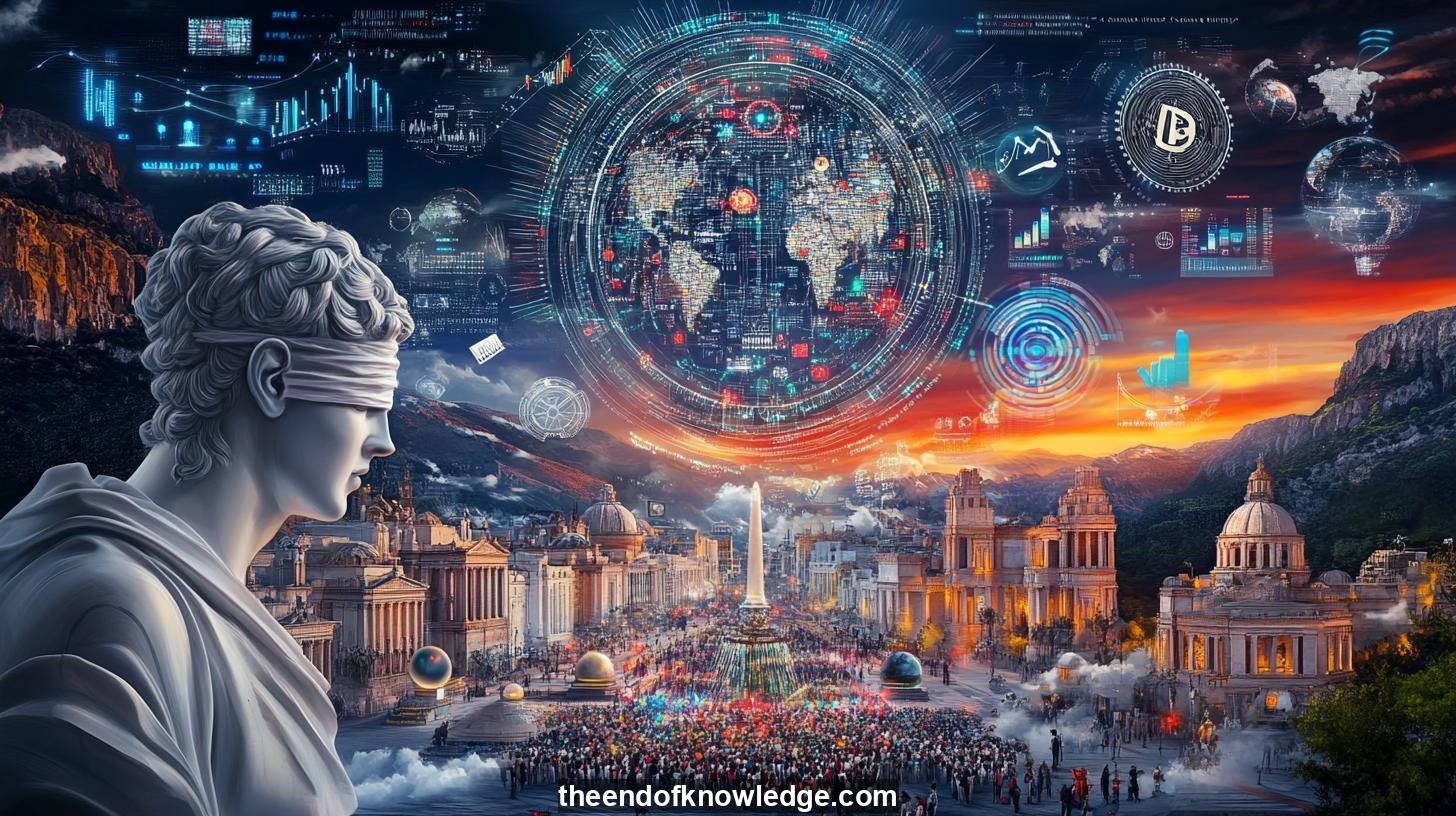 >
>
Concept Graph, Resume & KeyIdeas using DeepSeek R1 :
Resume:
The discussion revolves around the concept of decentralization and its implications across various sectors, including justice, economy, and technology. Thomas Prieto, a jurist specializing in conflict resolution and criminology, introduces his project on decentralized justice, emphasizing the use of blockchain technology to create an auto-composite justice system. This system relies on decentralized protocols, oracles, and AI to resolve conflicts without traditional judicial intervention. The project aims to provide a legal framework where agreements can be tokenized as NFTs or smart contracts, ensuring validity and consensus without centralized authority.30 Key Ideas:
1.- Decentralization is essential for resolving conflicts in the digital age, offering faster and more efficient solutions.
2.- Thomas Prieto's project focuses on decentralized justice using blockchain and AI for conflict resolution.
3.- The auto-composite justice system relies on decentralized protocols to create legally valid agreements.
4.- Agreements are tokenized as NFTs or smart contracts, ensuring consensus without centralized authority.
5.- Traditional justice systems are often slow and obsolete, necessitating decentralized alternatives.
6.- Decentralized platforms can handle conflicts in digital commerce, securities, and logistics.
7.- Bitcoin is viewed as a robust, decentralized protocol, while Ethereum is more centralized.
8.- Smart contracts and oracles play a crucial role in decentralized justice systems.
9.- The project aims to complement traditional justice systems rather than replace them.
10.- Decentralization empowers individuals and reduces reliance on centralized power structures.
11.- Decentralized organizations (DAOs) offer a new paradigm for governance and decision-making.
12.- The elimination of traditional leadership hierarchies is a key goal of decentralization.
13.- Bitcoin's decentralization is seen as a model for other decentralized systems.
14.- The adoption of decentralized technologies is crucial for societal progress.
15.- Decentralization is not just an alternative but a necessity for a liberated society.
16.- Blockchain technology provides a secure and transparent framework for decentralized systems.
17.- AI and algorithms can facilitate conflict resolution in decentralized justice systems.
18.- The use of oracles ensures access to external data for informed decision-making.
19.- Decentralized justice systems can handle both simple and complex conflicts.
20.- The project emphasizes the importance of community and consensus in decentralized systems.
21.- Traditional justice systems are often influenced by centralized power structures.
22.- Decentralization offers a solution to the limitations of traditional justice systems.
23.- The future of justice lies in decentralized, auto-composite systems.
24.- Bitcoin's success demonstrates the potential of decentralized technologies.
25.- Decentralization is critical for creating a more equitable and digitally advanced society.
26.- The project highlights the need for legally valid agreements in decentralized systems.
27.- Decentralized justice systems can operate globally, transcending national boundaries.
28.- The use of blockchain ensures transparency and security in decentralized agreements.
29.- Decentralization is a key driver of innovation in the digital age.
30.- The project represents a significant step towards a decentralized future.
Interviews by Plácido Doménech Espí & Guests - Knowledge Vault built byDavid Vivancos 2025